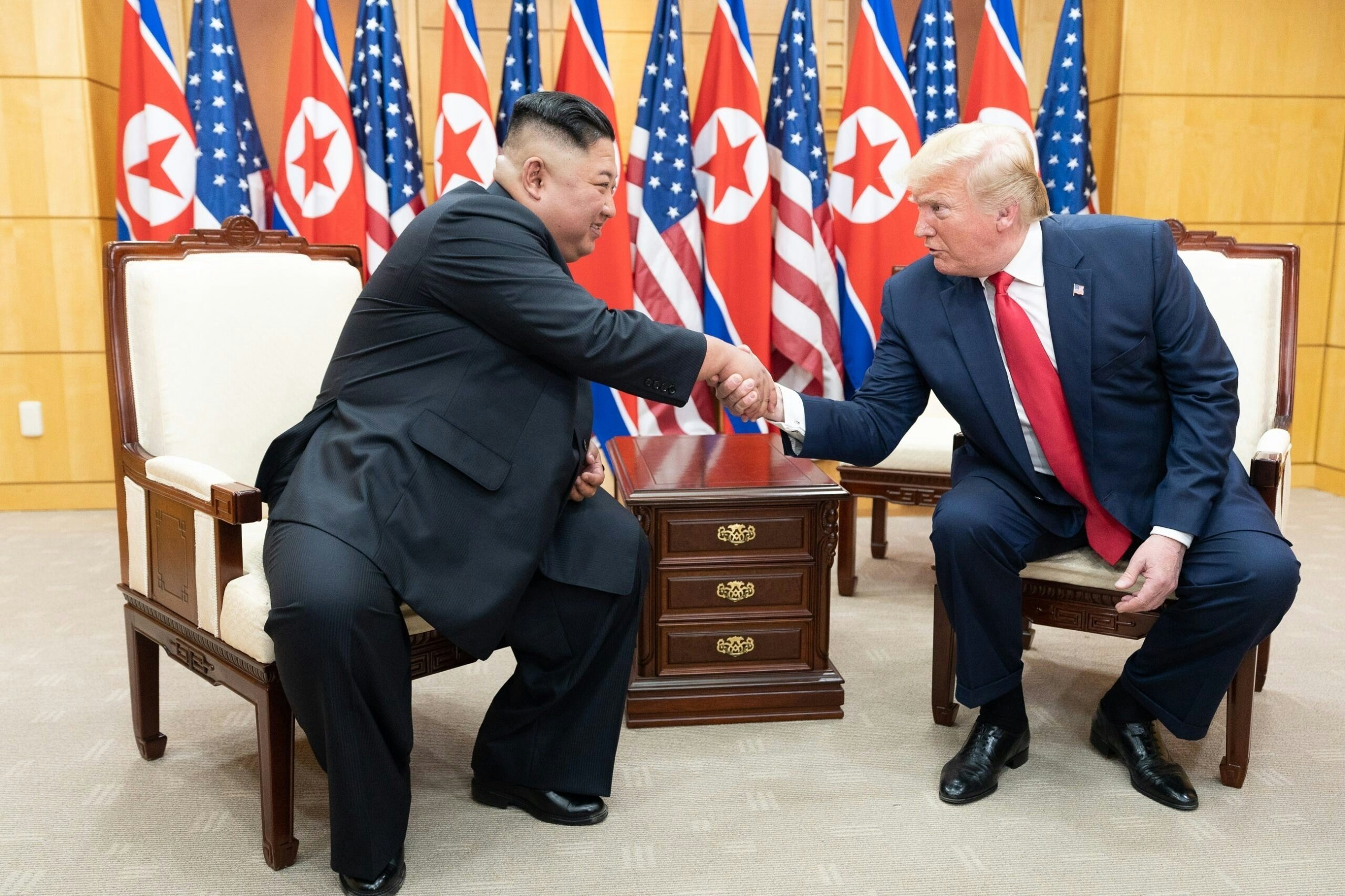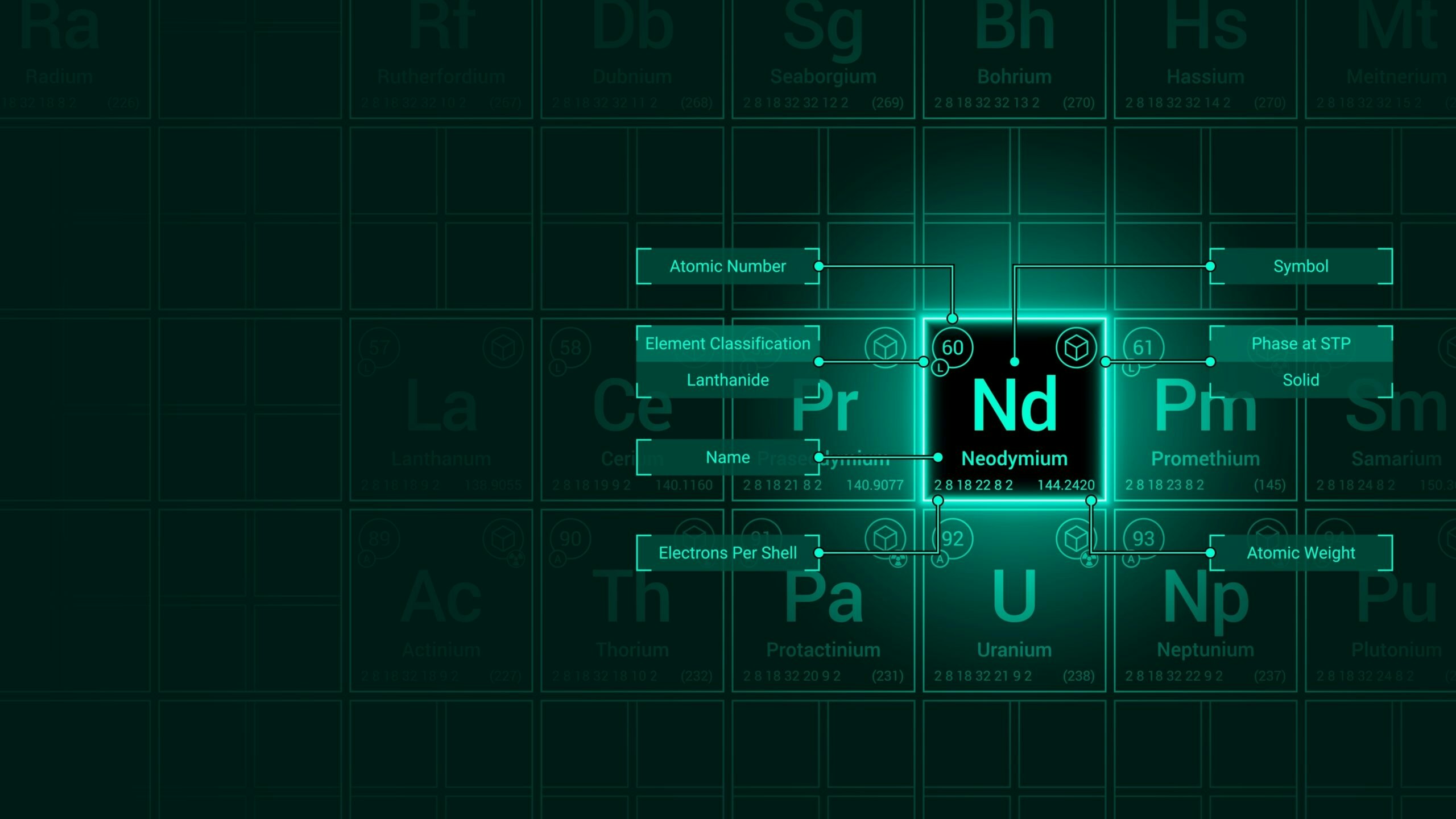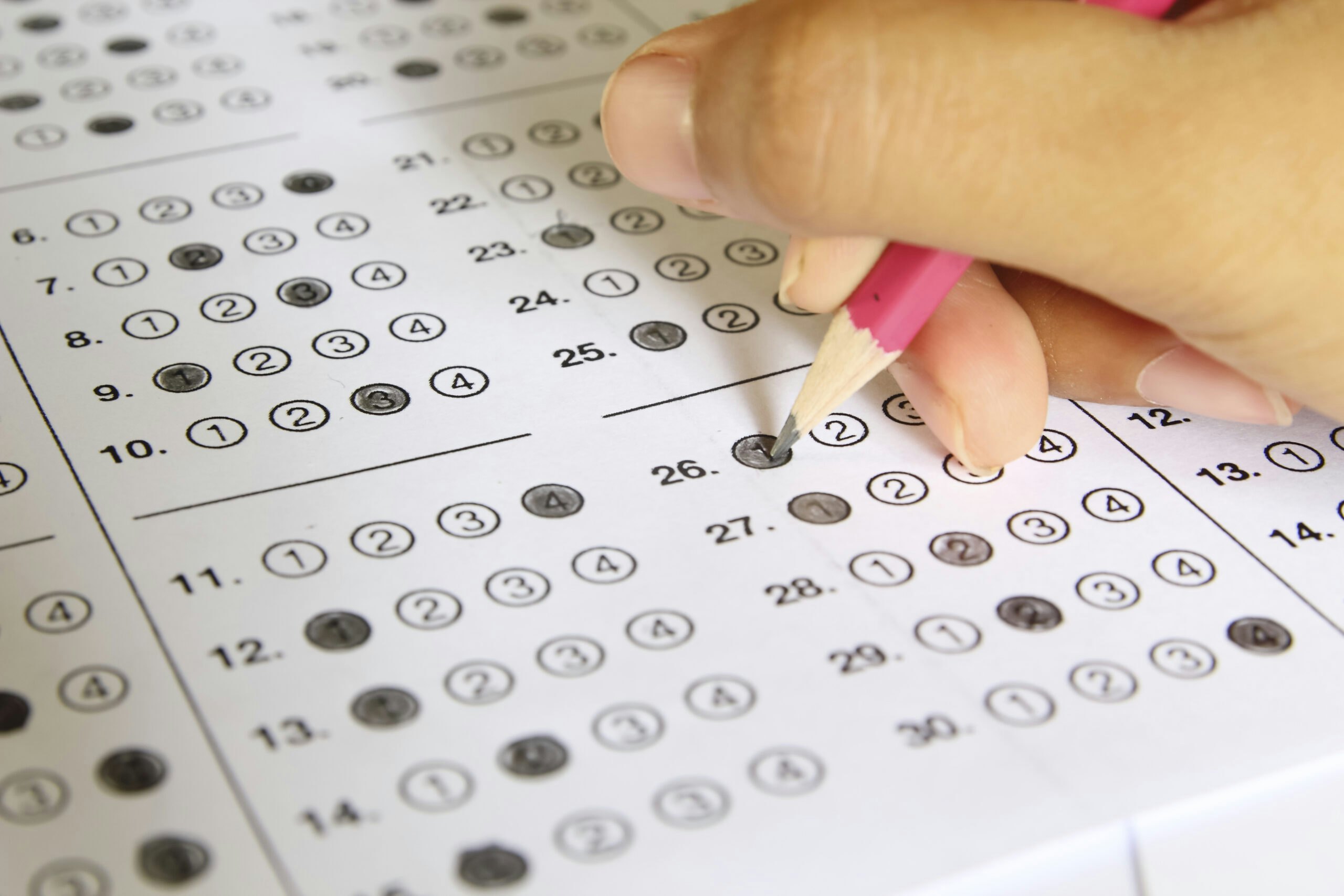In the past decade, Ukraine’s anti-corruption agenda has been making slow but sure progress in addressing what has been a major problem and vulnerability in the country for many years. The passage earlier this week by the Ukrainian parliament (Rada) of a bill that undermines the independence of the country’s anti-corruption institutions weakens the momentum thus far achieved. Given its uneven progress and the withering criticism received from Ukrainian civil society and the European Union, President Zelensky should work with the Rada to reverse this decision and strengthen the country’s anti-corruption infrastructure, rather than undermine it.
The controversy began on July 22, when Rada deputies aligned with the office of the President expedited the passage of a bill to bring the National Anti-Corruption Bureau (NABU) and the Specialized Prosecutor’s Office (SAP) under the control of the Prosecutor General, a presidential appointee. The bill was signed by President Zelenskyy shortly after, with raids on anti-corruption employees accompanying its passing.
Protestors across Ukraine took to the streets following the announcement, the first mass anti-government protests since the start of the war.
The NABU and SAP, which were established shortly after the success of the anti-government Euromaidan protests in 2014, have been playing a positive role in promoting the rule of law and combating corruption in Ukraine. Since then, the agency has increasingly demonstrated its impact and significance, detecting billions of dollars in cases of graft and exposing several officials connected to illicit schemes, a testament to its effectiveness.
Kyiv’s European future is also contingent on the progress it makes on enhancing transparency and rooting out corruption. In its bid to become a member of the European Union, Ukraine began creating its current anti-corruption infrastructure along the way. Several reforms took shape, including the creation of the NABU and SAP, which established an unprecedented model that effectively addressed the corruption problem. Facilitating corruption in Ukraine has also been one of the chief methods by which the Kremlin has for years sought to undermine Ukraine’s independence and the country’s path to the European Union.
Facing the pressure of protests, not only national but from international advocates, Zelenskyy announced his decision to reverse the passing of the bill. On July 24, the Ukrainian President approved a new draft law that will guarantee that the integrity of the country’s anti-corruption system remains independent from government influence.
While it was the correct decision to make, Zelenskyy’s announcement reflects the important role that Ukraine’s civil society, much like the country witnessed in 2004 and 2014. Ukrainians have long made it clear that they hope to become a democratic nation free from corruption and authoritarianism, and oriented toward the West, free from Russian control. Through several democratic revolutions since gaining their freedom from the Soviet Union, Ukrainians have successfully pushed for a stronger relationship with Europe and democracy – at a steep cost of a brutal invasion from Russia and thousands of lives lost
While maintaining necessary economic and military support for Kyiv as it battles for its very survival, Europe must continue to push Kyiv to implement the anti-corruption reforms that are necessary for EU admission. Right now, the EU holds the most leverage. With Ukraine still pushing for accession into the bloc and seeking additional support, stakeholders must insist that Kyiv moves forward with its anti-corruption agenda if it wants to maintain steadfast support from the international community.
Lastly, the international community must continue to support Ukrainian civil society, which has been a vital component of Ukraine’s progress. Groups like the Anti-Corruption Action Centre are instrumental in promoting necessary reform to Ukraine’s system of governance. Staying on a democratic path while fending off Russia’s brutal invasion is a tall task, but one that Ukrainians have shown they are capable of handling.
































